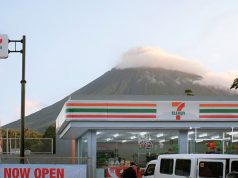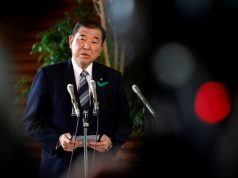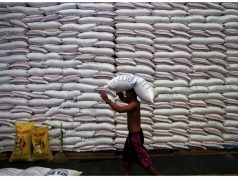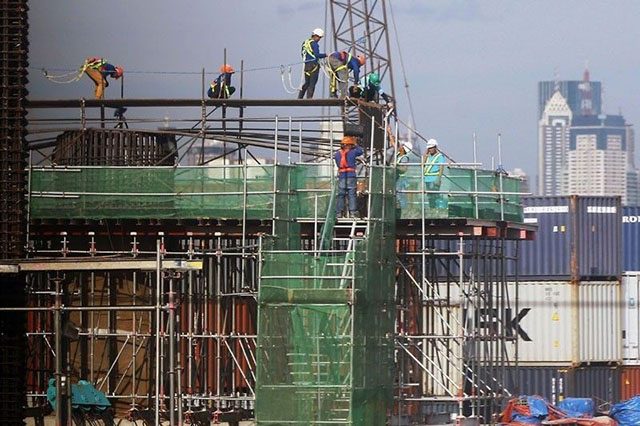
MANILA — Philippine government ministers met with a top adviser of Japan’s prime minister on Wednesday, in an effort to move forward major infrastructure projects, just hours after a visit by the Chinese president pledging to do the same.
Philippine leader Rodrigo Duterte has made a $180 billion infrastructure overhaul the centerpiece of his economic policy agenda, but already into the third year of his presidency, he is under some pressure to show signs that his ambitious “Build, Build, Build” programme is making much progress.
While attention has been focused largely on fanfare of Duterte’s “pivot” to China and his frequent praise for Beijing’s economic support, agreed Japanese loans so far dwarf those of China, which has pledged billions of dollars of financing and investment for projects that are still largely ideas.
Japan will finance 156.4 billion yen ($1.39 billion) for the construction of a subway in the capital Manila, rehabilitation of one of its troubled elevated rail lines, a new Manila bypass road and a new airport on Bohol, a tourist island.
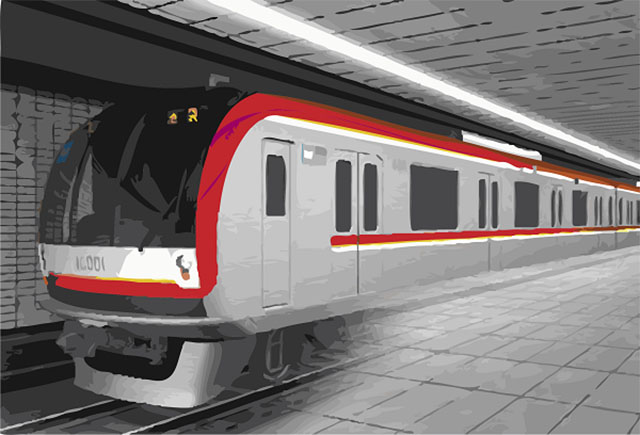
The loans are part of an 1 trillion yen aid and investment package offered in 2017 by Japanese Prime Minister Shinzo Abe, whose special advisor, Hiroto Izumi, is in Manila to discuss revamping a railroad across the capital, a flood control system, and jointly operating an industrial zone, Finance assistant secretary Antonio Lambino told Reuters.
Edmund Tayao, a Manila-based political analyst, said the strong performance of the Philippine economy meant it had outgrown its infrastructure, and there was public pressure to modernize it.
“This is a long-delayed requisite,” he said. “When we speak of trains, mass transit systems, disappointment is an understatement. It is frustrating to compare it with neighbors.”
Expectations have been high since Duterte left China two years ago with $24 billion of investment and loans pledges, and there were hopes that this week’s visit of Chinese President Xi Jinping, the first in 13 years, would have seen firm commitments for those to advance.
However, of Tuesday’s 29 agreements, the only loan agreed was $232.5 million financing for a dam. Others counted as deals included two feasibility studies, memorandums of understanding for arrangements that already existed, or a handing over of certificates.
Michael Ricafort, an economist at RCBC bank in Manila, said that with the spotlight on foreign interest in the infrastructure programme, the government was keen to show progress was being made.
“The government is now put on the spot. People are looking for the promises to be fulfilled.” ($1 = 112.8600 yen) — Reporting by Neil Jerome Morales; Editing by Martin Petty & Shri Navaratnam






